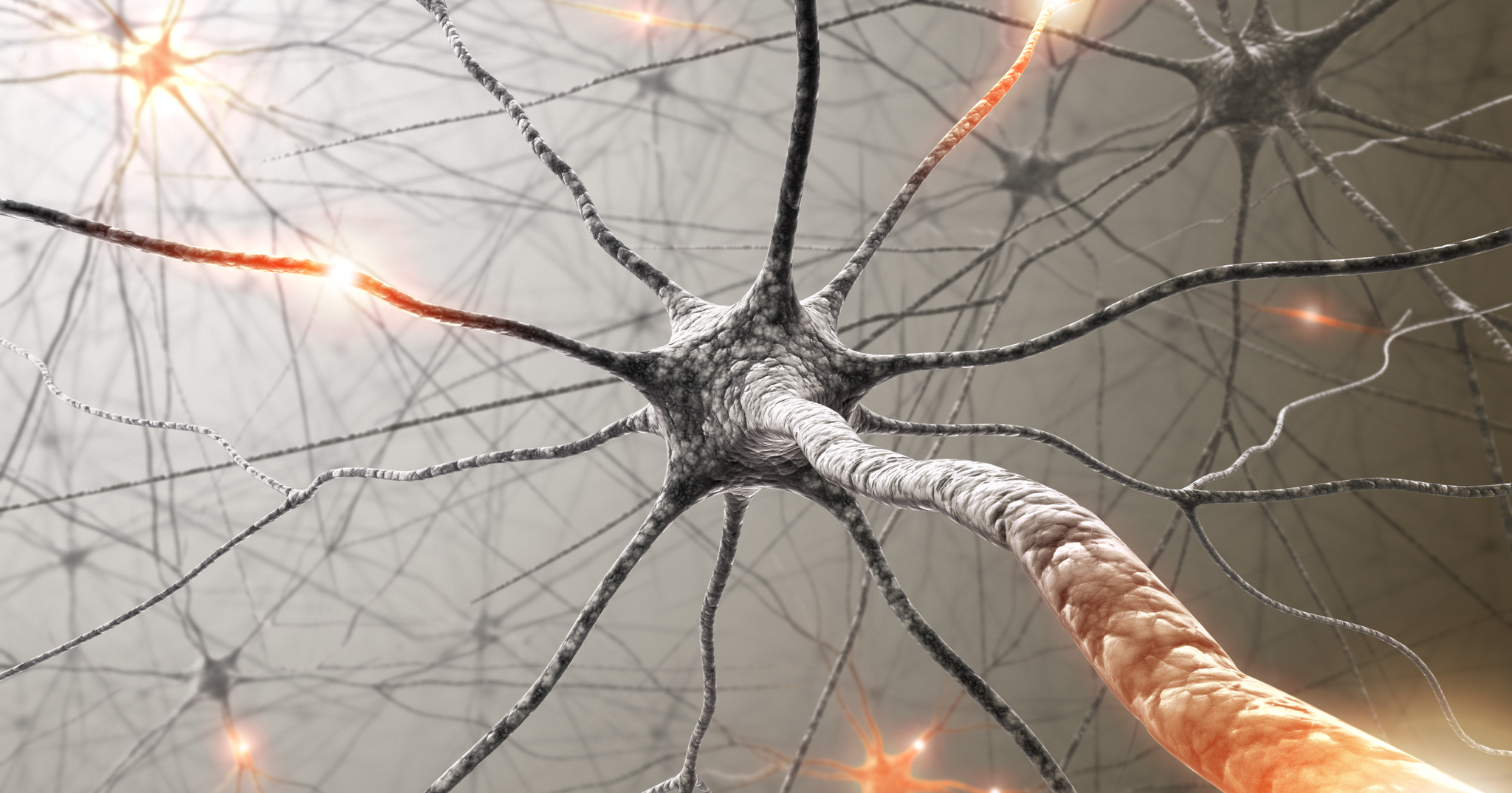Media Coverage
The work done by Northwestern University Feinberg School of Medicine faculty members (and even some students) is regularly highlighted in newspapers, online media outlets and more. Below you’ll find links to articles and videos of Feinberg in the news.
-
WebMD
–
Should Monkeypox Be Considered an STD? Experts Debate
As the number of monkeypox cases keeps growing, a discussion has opened on whether it should be considered a sexually transmitted disease (STD) like herpes, gonorrhea or HIV. Monkeypox is almost always spread through skin-to-skin contact, and in the West, many of the cases have occurred among men who have sex with men. But health experts say that doesn’t make it an STD – at least not in “the classic sense.” Northwestern Medicine infectious diseases expert Robert L. Murphy, MD, said “Monkeypox is not a sexually transmitted disease in the classic sense (by which it’s spread in the semen or vaginal fluids), but it is spread by close physical contact with lesions.” He said the current monkeypox outbreak was more like a meningitis outbreak among gay men a few years ago. In the United States, more than 2,500 confirmed monkeypox cases have been detected, with cases reported from every state except Alaska, Maine, Montana, Mississippi, Vermont and Wyoming, according to the CDC.
-
The Washington Post
–
How to keep kids safe in this heat
Super-high temperatures don’t mean parents need to keep kids cosseted all day inside of air-conditioned buildings, though physicians say parents should b more aware, more prepared and more attuned to signs of heat-related distress during temperature spikes. When gauging the heat, parents also need to factor in humidity, says George Chiampas. If kids participate in more than 60 minutes of outdoor activity, Chiampas says to offer a sports drink because of its electrolytes. Chiampas, assistant professor of emergency medicine and orthopaedic surgery at Northwestern University Feinberg School of Medicine, stresses the importance of dressing kids in light, moisture-wicking clothes that can dissipate heat and absorb sweat.
-
Yahoo! News
–
What is tubal ligation and how does it work? Doctors explain.
Tubal ligation is a permanent form of birth control, according to the American College of Obstetricians and Gynecologists. With a tubal sterilization, the fallopian tubes are removed or cut and tied with special thread, closed shut with bands or clips, or sealed with an electric current. “These procedures can be performed at two distinct times – right after delivery of a bay, while still in the hospital, or separate from pregnancy/delivery,” said Jessica Kiley, MD, MPH, chief of general obstetrics and gynecology at Northwestern Medicine. Kiley shares the main reason why someone may opt for female sterilization including control over your own fertility, not having to worry about contraception in the future, avoiding other methods of birth control and to have an effect form of contraception without hormones.
-
USA Today
–
70% of Americans aren’t getting restorative sleep, new study finds
While seven in 10 Americans are spending the recommended number of hours in the sack, just three in 10 are getting the right amount of good quality sleep to leave them feeling alert, cognitively sharp and energetic – or simply, “restored” – in the morning, a new study finds. Dr. Sabra Abbott, commended the researchers for devising a method to evaluate the quality of a person’s sleep. However, with regard to the finding that just three in 10 Americans have good sleep, “I would take that with a huge grain of salt,” said Abbott, sleep specialist and assistant professor of neurology at Northwestern University Feinberg School of Medicine. “How someone feels in the morning isn’t necessarily correlated with how well they slept, Abbott said. “Alertness, mood and energy could be related to the quality of sleep but they could also be related to other factors,” she added.
-
New York Times Magazine
–
The Quest by Circadian Medicine to Make the Most of Our Body Clocks
Many of us are passingly familiar with circadian rhythms as a way to refer to our sleep cycle. In the past two decades, however, researchers have discovered that the clock in the brain is by no means the only one in our body. It turns out that most of our cells contain a group of genes that might be thought of as gears in a mechanical watch, keeping time everywhere internally. Being exposed to light when your body ought to be resting, can have a significant negative impact. In March, Phyllis Zee, a neurologist at Northwestern University Feinberg School of Medicine, reported in PNAS that just one night of moderate light exposure during sleep impaired glucose and cardiovascular regulation in otherwise healthy young study participants; over time, these changes could increase the risk of heart disease and diabetes. Last month, a publication in Sleep co-authored by Zee linked any nighttime light exposure during sleep to substantial increased risk of obesity, diabetes and hypertension in older adults.
-
US News & World Report
–
Common Lung Function Test Often Misses Emphysema in Black Patients
The most common test of lung function, spirometry, probably is not detecting signs of emphysema in some people with the lung ailment, a new study says. In particular, Black men were at greater risk of suffering from undiagnosed emphysema, since the way spirometry results are interpreted appears to “normalize” their bad lung function, said lead researcher Dr. Gabrielle Liu, an instructor of pulmonary and critical care medicine at Northwestern University Feinberg School of Medicine. The equations used to analyze spirometry results “incorporate race, and they basically normalize having a lower lung function if you’re a Black adult compared to a white adult,” Liu said. “Physicians now could consider ordering CT scans on patients who have normal spirometry, who also have respiratory symptoms to see if there’s any evidence of emphysema. And if they do find emphysema, the physician should really be discussing mitigating any potential risk factors that a patient could have,” said Liu.
-
NBC 5 Chicago
–
What is Long COVID and What Are the Symptoms?
For some who test positive for COVID, symptoms can last much longer as part of a condition known as “long COVID.” Newer variants including the highly contagious BA.4 and BA.5 omicron subvariants currently making up a majority of cases in the Midwest, are leading to an increase in those experiencing symptoms. A recent study from Northwestern Medicine showed that many so-called COVID “long-haulers” continue to experience symptoms like brain fog, tingling, headaches, dizziness, blurred vision, tinnitus and fatigue an average of 15 months after the onset of the virus. “Long-haulers,” are defined as individuals who have had COVID symptoms for six or more weeks, the hospital system has said. Long-COVID symptoms can range from a wide variety of ailments, some of which may even disappear and then return later.
-
USA Today
–
Monkeypox is not a gay disease. But LGBTQ leaders say they need more help for gay men and everyone else
Healthcare and LGBTQ leaders are warning monkeypox will continue to spread among gay men and other Americans if more isn’t done to address vaccine shortages and help health professionals combat the virus. They are demanding more testing kits, vaccines and additional health workers to limit the outbreak. Lauren Beach, a research assistant professor at Northwestern University Feinberg School of Medicine whose research focuses on health equity among sexual and gender minorities, said it is dangerous for health officials to dismiss monkeypox as an LGBTQ illness, which could result in a more muted response and non-LGBTQ people also not getting necessary care. “Monkeypox, like any other transmissible condition, can be spread wherever the virus is allowed to thrive. Any human is going to be susceptible to monkeypox and so, I think that if we just attribute the virus to a certain set of people, that could result in stigmatizing LGBT people as carriers of a plague, when we see that happening before with HIV,” she said.
-
Yahoo! News
–
The #1 Cause of Obesity According to Physicians
Obesity is officially a public health crisis in the US, with over 41% of adults and almost 20% of children classed as obese. “This country is facing what I would call an epidemic, but we still have a healthcare system that’s not prepared to handle this population,” says Dr. Robert Kushner, an obesity medicine specialist at Northwestern University Feinberg School of Medicine. The main causes of obesity, according to experts, include, genetics, sleep problems, stress and bad diet. Studies further show that obesity is linked to a higher risk of COVID-19 complications.
-
MSN online
–
Doctors Fearing Legal Blowback Are Denying Life-Saving Abortions
Hospitals and doctors are struggling to toe the line between providing life-saving measures for women and wadding into a legal gray area that’s emerged in the absence of abortion rights. Now physicians are grappling with the added stress of having to determine when it’s legally okay to intervene. There’s also the question of what happens when a patient has to undergo a treatment like chemotherapy, which can be toxic to a fetus. One commonly prescribed drug that doctors say is becoming harder to get for patients is methotrexate. It treats chronic disease like rheumatoid arthritis, but it raises the risk of birth defects and pregnancy loss. Rosalind Ramsey-Goldman, the Gallagher research professor of rheumatology at Northwestern University Feinberg School of Medicine, is concerned that denying patients access to methotrexate will reverse decades of medical progress. In the 1980s, patients with rheumatoid arthritis developed significant deformities when methotrexate wasn’t used in treatment early on. “This is what the rheumatologists are distraught about, especially those of us that have been around for a while,” she said. “To go back to what was happening in the ’80s and before, that is just unbearable.”






